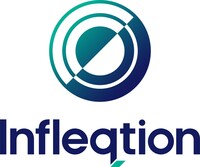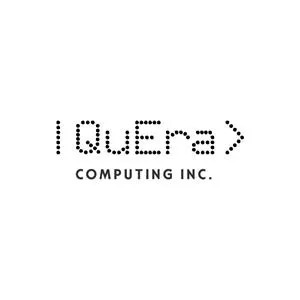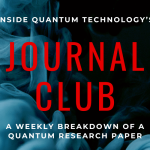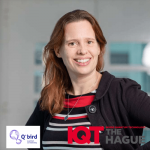Quantum News Briefs: December 8, 2023: Infleqtion and L3Harris Collaborate on Quantum RF Sensing; Harvard, QuEra, MIT, and the NIST/University of Maryland Perform Complex, Error-Corrected Quantum Algorithms on 48 Logical Qubits; and MORE!

Quantum News Briefs: December 8, 2023:
Infleqtion and L3Harris Collaborate to Develop and Deploy New Quantum RF Sensing Technology Solutions

Infleqtion, a leading quantum information company, and L3Harris, a major aerospace and defense company, have announced a strategic collaboration to develop and transition quantum radio frequency (RF) sensing technology from laboratory to field applications. This partnership aims to advance quantum capabilities for dual-use applications by creating a revolutionary RF receiver based on highly excited Rydberg states of atoms, offering continuous tuning from Hz to THz and exceptional resilience to interference. The collaboration, which recently secured a classified quantum RF sensing program, leverages the strengths of Infleqtion and L3Harris to deliver innovative solutions for defense applications. Infleqtion’s SqyWire, a Quantum RF solution, showcased its potential at the Army C5ISR NetModX23 evaluation. Dr. William Clark of Infleqtion and Chris Dorny of L3Harris highlighted the significance of this partnership for secure communications and disruptive technology advancement. They are scheduled to present at the Q2B Silicon Valley event, discussing the future of Quantum RF Sensing and strategies for field deployment.
Harvard, QuEra, MIT, and the NIST/University of Maryland Usher in New Era of Quantum Computing by Performing Complex, Error-Corrected Quantum Algorithms on 48 Logical Qubits
QuEra Computing, renowned for its neutral-atom quantum computers, has achieved advancement in quantum computing, as published in the scientific journal Nature. Collaborating with Harvard University, MIT, and NIST/UMD, the research team successfully ran large-scale algorithms on a quantum computer with 48 logical qubits and hundreds of entangling operations. This development represents a major step towards scalable, fault-tolerant quantum computers capable of solving problems beyond the reach of classical computing. A critical aspect of this advancement is using quantum error correction to create “logical qubits,” which are more robust against noise and errors, enhancing the reliability of quantum computations. This leap forward, surpassing previous demonstrations of one to three logical qubits, utilized a sophisticated neutral-atom system and efficient control techniques. This achievement, hailed by experts from Moody’s Analytics and the Boston Consulting Group, positions QuEra Computing as a leader in the field, focusing on developing practical quantum computing solutions. This project was supported by the Defense Advanced Research Projects Agency (DARPA), which hopes to use its Noisy Intermediate-Scale Quantum devices (ONISQ) program to accelerate quantum computing development.
In Other News: Vox article: “Qubit by qubit, the quantum computers of tomorrow are coming into being”

A recent Vox article discusses IBM Quantum’s System Two, a significant advancement in quantum computing technology. This system, resembling an industrial refrigerator and requiring extreme cooling to function, houses three IBM Heron quantum processors and operates at temperatures colder than deep space. Quantum System Two, which represents a major step in the journey of quantum computing from experimental to practical application, contains hundreds of qubits capable of solving complex problems unattainable by classical supercomputers. However, the system’s robust appearance contrasts with the delicate nature of its qubits, which are highly sensitive to environmental factors. This sensitivity underscores the early stage of quantum computing development, necessitating significant investment and overcoming technical challenges. The advancement in quantum computing, as represented by the IBM Quantum System Two, is part of a larger roadmap towards creating practical, scalable quantum computers. This development comes amidst a growing global interest and investment in quantum computing, including efforts by other major companies and significant government funding, highlighting the potentially revolutionary impact of quantum computing on various fields, including cryptography, drug discovery, and overcoming the physical limits of classical computing.
Kenna Hughes-Castleberry is the Managing Editor at Inside Quantum Technology and the Science Communicator at JILA (a partnership between the University of Colorado Boulder and NIST). Her writing beats include deep tech, quantum computing, and AI. Her work has been featured in Scientific American, Discover Magazine, New Scientist, Ars Technica, and more.




















